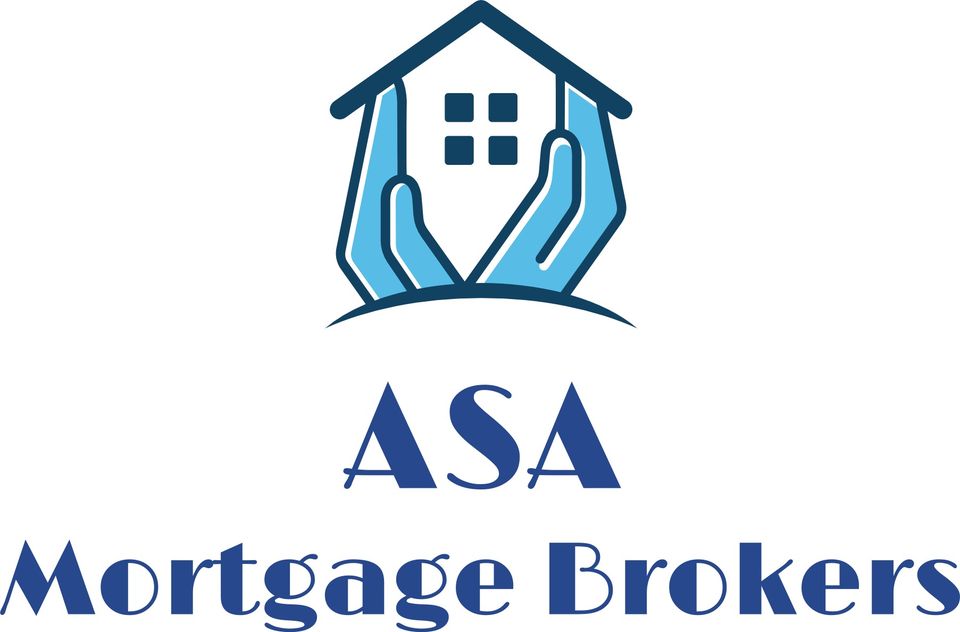If you are self-employed or work as a contractor, getting a home loan is not always easy. Your income is more likely to fluctuate, your work is not guaranteed, and typically evidence of income can be challenging to produce. Tax returns and financials may paint a picture of your income in the last financial year but will not necessarily reflect how your business is going now.
However, if you are prepared and have all the correct documentation, securing the home loan you want does not have to be as difficult as you may think.
Here are a few tips:
Avoid ‘low doc’ loans
A ‘low doc’ loan requires you to show less documentation up-front to secure your mortgage. This means you will provide bank statements, financial statements and declarations from your accountant rather than your financial statements and tax returns.
It can be worth pursuing a full documentation loan at standard rates if you have tax returns.
The process will be considerably more straightforward if you provide a lender with detailed and current information.
Work on your ‘serviceability.‘
When evaluating your finances, lenders will consider how much cash you earn, minus your monthly expenses. The gap – or your ability to service your loan – is serviceability.
Eliminate your debt
Debt can be tricky to manage – mainly if you are self-employed and want to secure a loan.
Before speaking with a lender, try to eliminate or reduce your consumer debt as much as possible. This could include reducing the limits on your credit card(s). Be aware that a lender will consider the actual limit on your credit card as money owed, not the balance.
Show you can save
Providing evidence of savings that you have will indicate to the lender that you are in control of your income and can reserve cash for a situation where it is required.
Keep your tax up to date.
It is essential to keep your tax up to date consistently to show your most recent income history. And make sure your tax assessments are lodged and paid. As a self-employed applicant, you will usually have your tax portal checked for any tax payments that can be outstanding.
Understand your business structure
There are many different ways to structure your business to minimise your tax as a contractor or when you are self-employed. However, getting a home loan can be challenging if your taxable income is too low. This is because lenders will be wary of your ability to make repayments.
If you have a strategy in place, it is vital to understand how this affects your income. You may wish to consider changing the structure for a period before purchasing a property so that you can secure a loan in the first place.
Have a strategy in place
It may be worth consulting with a mortgage broker to formulate a plan for buying your property. This allows you to build your serviceability based on expert advice. Do so early, so you can make any necessary changes before actually applying for a loan.
Build a positive record
Once you already have a mortgage in place, it is possible to use it to consolidate debt or refinance to a better loan. However, you must at least have a good record with that loan, amongst other things, to qualify. In addition, subsequent lenders will be interested in seeing a history of on-time payments and any extra lump sum payments you made.
Be open and honest
Finally, always be open with brokers or lenders. They must verify what you say and perform checks on the documents provided. If you do not tell the truth, you could find yourself in legal trouble or with a loan that you cannot afford.
This article is prepared based on general information. It does not consider individual financial objectives or needs and is not financial product advice, and the content is quoted from the Yellow Brick Road Blog.

